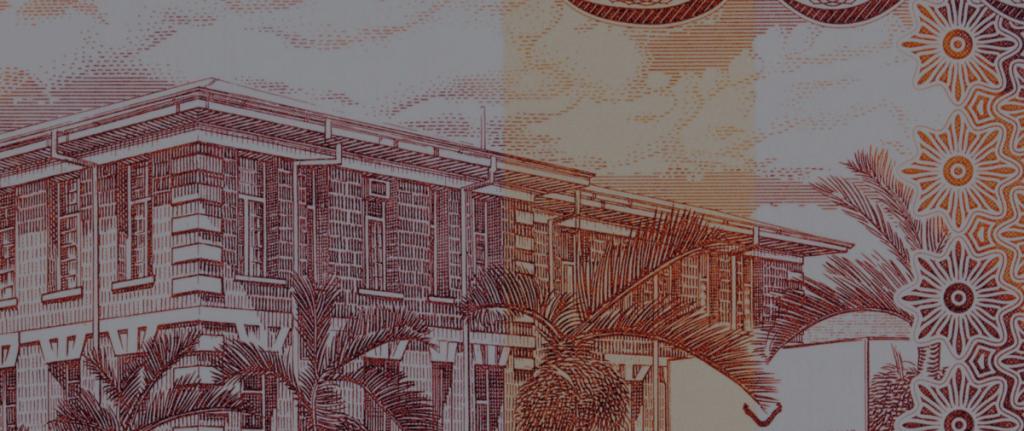Over the past two decades, global gross enrolment rates have doubled in higher education, a trend that also holds true for the Global South. However, the state of higher education in this part of the world is marked by a complex mix of successes and challenges. While numerous obstacles persist, there is one crucial aspect that demands special attention: the decolonisation of higher education.
Primarily, the landscape of higher education exhibits significant variations among different regions within the Global South. Notably, East Asia and the Pacific, as well as Latin America and the Caribbean, have undergone remarkable shifts, evidenced by enhanced accessibility and improved financing mechanisms in higher education. In contrast, South and West Asia, along with sub-Saharan Africa, portray a less optimistic scenario.
Traditionally, in the literature that examines higher education in the Global South, several core challenges have been pinpointed, ranging from digital transformation and accessibility (inclusive of gender parity) to affordability, curriculum development, international collaboration, research and innovation, quality assurance, inclusivity, financing and infrastructures. Beyond these fundamental concerns, various contextual factors can profoundly shape the higher education landscape; they include political stability, fragility, migration dynamics, and the degree of access to labour markets for higher education graduates.
Simultaneously, in the past two decades discussions have emerged regarding the decolonisation of concepts like “development” or “knowledge”, and of education systems on a broader scale.
These debates are not entirely new, they draw upon earlier works such as Ngũgĩ wa Thiong’o’s Decolonising the Mind (1986), which challenged the dominance of colonial languages within cultural frameworks. More recently, authors such as Boaventura de Sousa Santos in Epistemologies of the South: Justice against Epistemicide (2014) have discussed the significance of embracing diverse knowledge systems. Researchers discussing decolonisation in education actively confront the prevailing dominance of Western epistemologies and underline the need of cultivating a global knowledge landscape that is not only more equitable but also more inclusive.
The discourse on the decolonisation of higher education is certainly multifaceted and encompasses a whole range of perspectives. The contours of this discussion have been shaped by diverse approaches, but all have spotlighted the significance of decolonial strategies in fostering epistemological diversity. Reimagining higher education in the Global South requires rethinking the essential pillars of how higher education institutions operate and how they are designed. Among these pillars, the decolonisation of the curriculum deserves priority consideration. It involves revaluating existing course materials and content to ensure that they represent a wide range of perspectives and knowledge systems. In doing so, decolonisation also challenges the historical dominance of Western knowledge systems in academia by recognising and valuing other ways of knowing, such as indigenous and local knowledge. This involves acknowledging that different cultures have unique ways of understanding the world and that these ways should be incorporated into education systems.
All approaches have spotlighted the significance of decolonial strategies in fostering epistemological diversity.
Alexandre Dormeier Freire
Traditional pedagogies and research methodologies constitute another important area to be decolonised. They may not be appropriate when working with indigenous or marginalised social groups. Decolonised research involves collaborating with the communities studied, using participatory research methods and ensuring that research outcomes benefit the communities. These more interactive and participatory methodologies reflect diverse knowledge constructions. They also prompt a critical examination of fundamental values in education – and particularly in higher education – such as “meritocracy and competitiveness”, which must be revaluated not as abstract ideals or myths, but as values intricately tied to culture and context.
To ensure that the process is inclusive and representative, decolonisation efforts also involve open dialogue and collaboration with various stakeholders: students, faculty, indigenous leaders, community members and marginalised groups, as well as other higher education institutions in the South (South-South cooperation) for an increased diversity of knowledge production. As colonialism has caused trauma and cultural loss, reimagining higher education in the Global South should also be seen as a source of reconciliation and healing, both within educational institutions and beyond.
However, in a global landscape where knowledge production systems are interdependent but often built upon asymmetric relations between higher education institutions, narrowing the focus solely on the Global South would simply neglect the other side of the story, the Western world. Thus, the decolonisation of higher education also requires a thorough re-examination of the Western higher education institutions’ modus operandi.
By Alexandre Dormeier Freire
Director of the Executive Programmes in Development Policies and Practices
Senior Lecturer in the Interdisciplinary Programme
Geneva Graduate Institute
Article by Global Challenges


